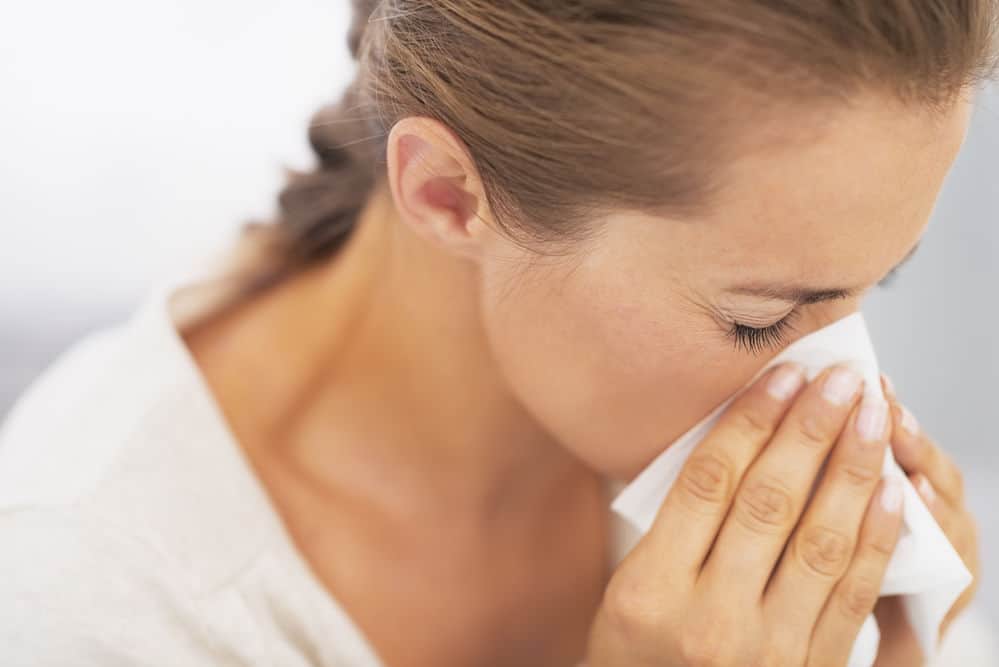

Allergies can be caused by dust mites, pet dander (flakes of skin and hair) and some foods, while seasonal allergies can be brought on by pollen, mold spores and mildew or even insects. Allergy symptoms include runny nose, sneezing, itching skin and eyes, rashes and swelling. Asthma can be caused by or made worse by allergies.
While there are medications that can suppress symptoms, the best way to reduce allergy symptoms is to reduce exposure to the things that cause allergies.
12 Ways to Avoid Exposure to Allergens
- Use an air filter with a small particle HEPA filter, especially in the bedroom.
- Shower every night, washing pollen and irritants off of hair and skin before getting into bed.
- Keep pets out of the bed and off furniture. Pets can bring irritants into the house and, when we allow them onto furniture, we increase our exposure.
- Bathe pets weekly to remove irritants from their coats.
- When mowing the lawn or doing other outdoor chores, wear an N95 filter mask rated by the U.S. National Institute for Occupational Safety and Health to avoid breathing the dust, grass and pollen thrown up by the mower.
- Cover mattress, box spring and pillows with dust mite proof covers, encasing mites and reducing your exposure. Incidentally, this is a wise precaution in areas where bedbugs are common.
- Wash bedding in hot water (130 degrees) at least once per week to reduce dust and allergens from sleeping areas.
- Vacuum weekly with a vacuum that has a small-particle filter such as one with a HEPA filter. Vacuum furniture as well as the carpet to remove allergens. If possible, avoid the carpet altogether, but shampoo frequently if you have it in your house.
- Close windows and rely on filtered air conditioning during pollen season. Change filters regularly and use small particle HEPA filters.
- Dust regularly with an entrapping duster or damp spray to avoid sending particles airborne. Reduce clutter to minimize dust collecting.
- Clean fireplaces when not in use, such as during summer months, as the ash can irritate and cause allergy symptoms.
- Be vigilant against mold and mildew in the kitchen, bathroom and basement. Clean refrigerator seals, behind and under faucets and shower stalls to remove mold. Use a dehumidifier in the basement to reduce moisture and deter mold growth.
While we all love the warmer weather and longer days, spring time can wreak havoc on those with seasonal allergies. With a few basic precautions, we can significantly reduce our exposure to allergens and seasonal symptoms.
Editor’s Note: Want to clear your nasal congestion? Try our fast-acting Sinus Clear!





This was very helpful, it was a great reminder to things one might not think of.